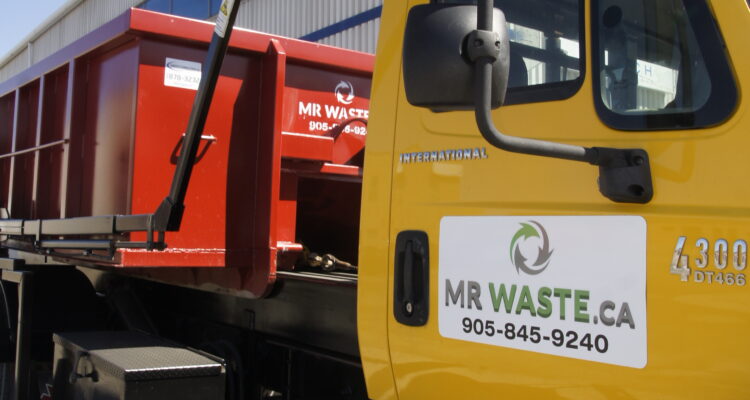Recycling is a crucial part of waste management, helping to reduce landfill waste and conserve natural resources. Understanding what can and cannot be recycled is essential for effective recycling. Here’s a detailed guide to help you navigate the recycling process.
What Can Be Recycled?
- Paper Products
- Newspapers, magazines, and office paper.
- Cardboard and paperboard (cereal boxes, tissue boxes).
- Plastics
- Plastic bottles and containers marked with recycling symbols 1 and 2 (PET and HDPE).
- Clean plastic bags and wraps (often collected separately).
- Metals
- Aluminum cans and foil.
- Steel and tin cans.
- Glass
- Bottles and jars of any colour (make sure they are clean).
What Cannot Be Recycled?
- Contaminated Items
- Food-soiled paper or cardboard (pizza boxes, used paper plates).
- Greasy or oily containers.
- Certain Plastics
- Plastic bags (unless collected separately).
- Plastics without recycling symbols or marked with 3, 6, or 7.
- Mixed Materials
- Items composed of mixed materials that are difficult to separate (coffee cups lined with plastic, laminated papers).
- Hazardous Materials
- Batteries, electronics, and chemicals.
Common Recycling Mistakes to Avoid
- Not Cleaning Recyclables
- Ensure all recyclables are free of food residue and liquids to prevent contamination.
- Mixing Non-Recyclables
- Avoid placing non-recyclable items in the recycling bin, as they can contaminate the entire batch.
- Bagging Recyclables
- Do not place recyclables in plastic bags unless specified by your local recycling program.
- Ignoring Local Guidelines
- Different areas have different recycling capabilities. Always check your local guidelines to ensure proper recycling practices.
Tips for Effective Recycling
- Check Labels and Symbols
- Look for recycling symbols and numbers on plastics to determine recyclability.
- Separate Properly
- Keep different types of recyclables separated when necessary (e.g., paper from plastic).
- Stay Updated
- Recycling guidelines can change. Stay informed about the latest recycling practices in your community.
Following these guidelines can contribute to a more efficient recycling system and help protect the environment. Remember, when in doubt, check with your local recycling program to ensure you recycle correctly.
For more tips and information on waste management, visit Mr. Waste.

